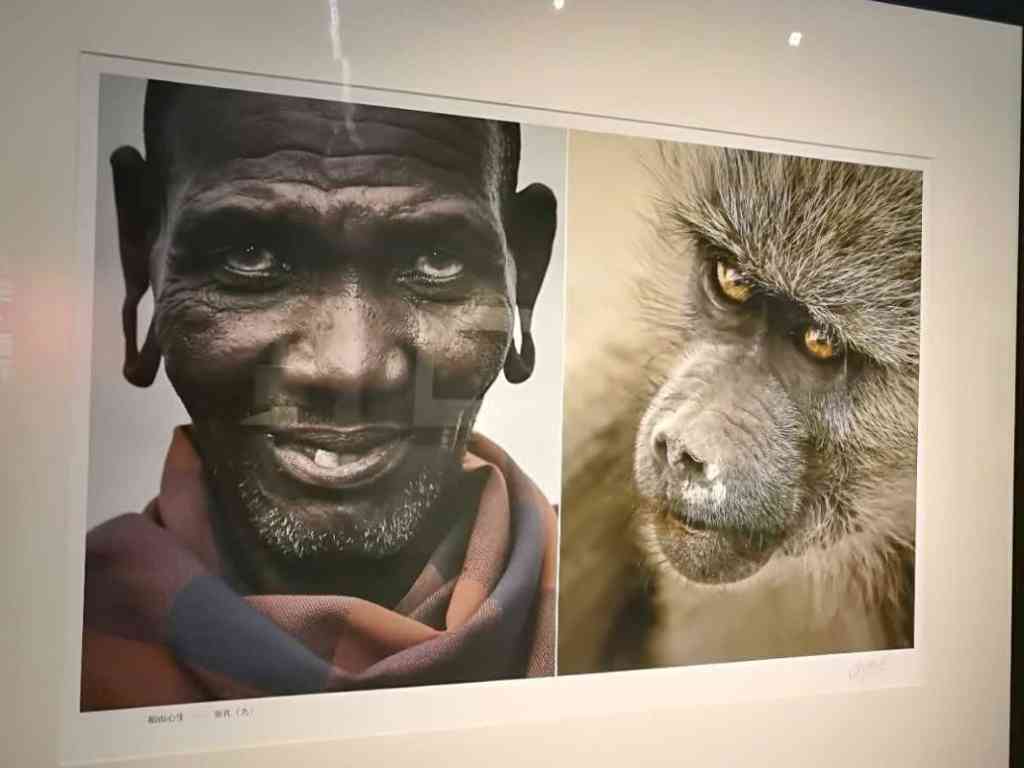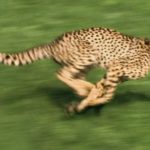If you look at the shape of the skull that primates have , especially in gorillas and chimpanzees, which are the ones that most closely approach humans genetically, or observe the facial features of our hominid ancestors, including the Neandertals, you will notice that there is a trait that they do not have and the human being does have, hence the question arises:
Why do we have a chin and what does it
have?
Human beings, unlike other animal species, have chins, and even the Neanderthals, who lived with homo sapiens 28,000 years ago, did not possess this distinctive feature.
What is the reason for this fact and what is it for? These are two questions that scientists have been asking themselves for some time.
These are the hypotheses that are being considered today.
Scientific hypothesis
Different theories have arisen on the reasons why we have chin, as it was developed to help us speak or as a consequence of the mechanical force exerted when chewing , but the most recent and it seems that conclusive research done by the University of Iowa refutes such reasoning .
According to this group of scientists led by Nathan Holton, who is an anthropologist and professor of that university, the homo sapiens were more evolved, so the groups that were previously isolated stopped fighting for their territories and their possessions, they relaxed, they became sociable and began to cooperate among them, exchanging ideas, goods, etc. and establishing alliances and social networks.
This fact provoked the social domestication of the individuals, whose consequence was that there were changes in the levels that they had of hormones, like decrease of the testosterone, which provoked an adaptation of the skull of evolutionary character, since its size was reduced, by what the face also shortened, in fact, is 15% smaller than that of the Neanderthals, transforming the chin and thus emerging the chin.
Therefore, although we are the only species that possesses it, the chin does not have any function , since it is only a product that has arisen as a result of the evolution of the human being as a consequence of the changes produced in its way of life to those who the organism had to adapt, what is called spandrel or lean in evolutionary biology .














